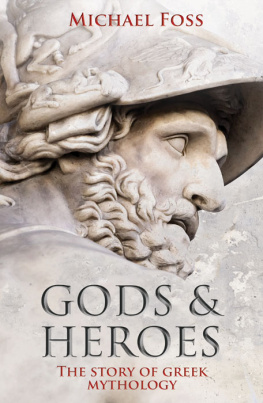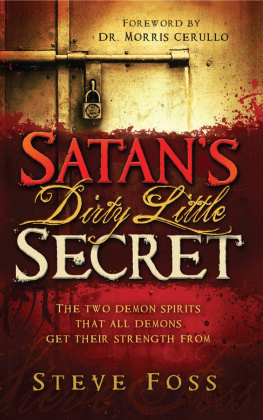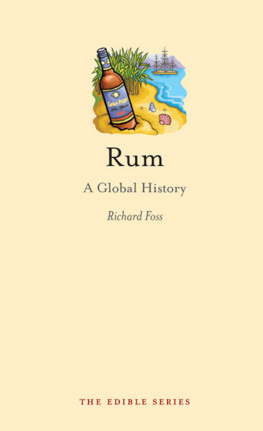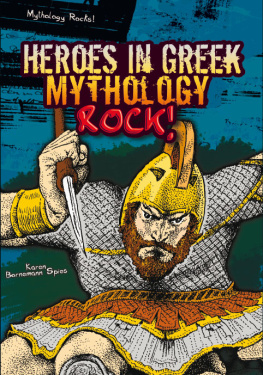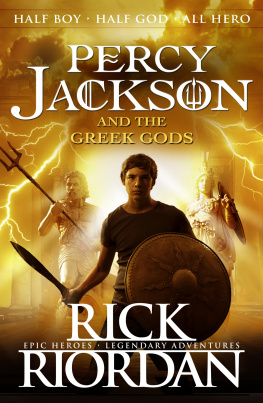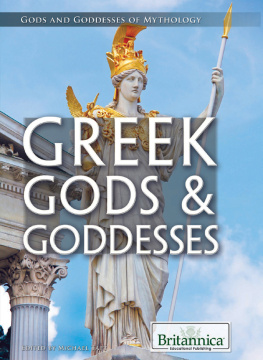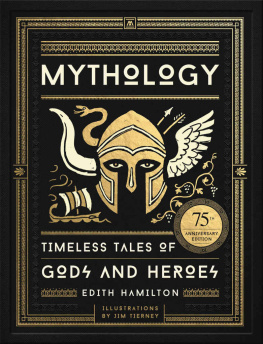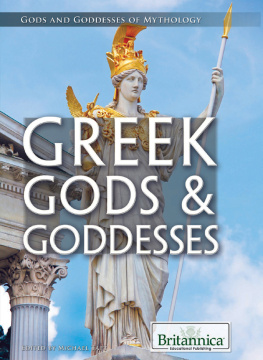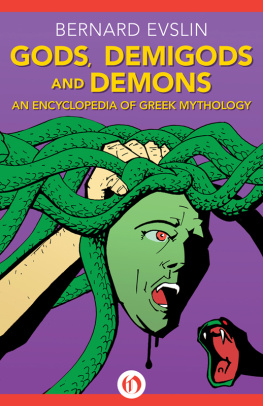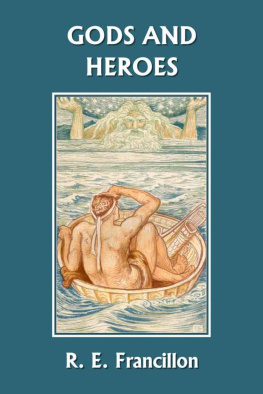First published in Great Britain in 1994 by
Michael OMara Books Limited
9 Lion Yard
Tremadoc Road
London SW4 7NQ
This electronic edition published in 2014
ISBN: 978-1-78243-253-1 in eBook format
ISBN: 978-1-85479-103-0 in hardback print format
Copyright 1994 by Michael Foss
Every reasonable effort has been made to acknowledge all copyright holders. Any errors or omissions that may have occurred are inadvertent, and anyone with any copyright queries is invited to write to the publishers, so that a full acknowledgement may be included in subsequent editions of this work.
All rights reserved. You may not copy, store, distribute, transmit, reproduce or otherwise make available this publication (or any part of it) in any form, or by any means (electronic, digital, optical, mechanical, photocopying, recording or otherwise), without the prior written permission of the publisher. Any person who does any unauthorized act in relation to this publication may be liable to criminal prosecution and civil claims for damages.
The moral right of the author has been asserted.
A CIP catalogue record for this book is available from the British Library.
Cover image by Markus Gann / www.shutterstock.com
Map by Stephen Dew
Interior design and typesetting by Florencetype Ltd, Kewstoke, Avon
www.mombooks.com
C ONTENTS
Part One

Zeus
1
A S USUAL , the changing seasons caught Mantes in the midst of his travels. Ever since he began to follow his ancient calling minstrel and storyteller the road had been his destiny. Now he was coming south from the badlands of Thrace. Early in the year, in the wretched month of Lenaeon, winds that would take the skin off an ox drove him out of the horse-breeding uplands. In those far borderlands, where the wilderness was full of menace from wild men and wilder beasts, who knew when the Fates would flick a life away, like a discarded olive stone?
Once, many years ago, he had not feared those dangerous paths. His stories, and his youth, gave him confidence. He felt he could overcome whatever time and the gods might throw at him. What he had to say the message that he passed on through the gift of poetry made him in some sense an accomplice of the Fates. Of course, no man could read their implacable will. They snipped the thread of life whenever they pleased. But it seemed to him that, like certain cunning animals, they only struck when they scented the smell of mortality. He was not contaminated by the stink of death. On the contrary, in his poetry he carried forward the words that gave meaning to life, and his voice was clear and resonant.
But the years on the road had punished him. Mantes was now far from young, and after more than thirty years of travelling he was thin and a little bent, his grizzled hair combed by the wind, his exposed skin as rutted as the path and the colour of faded leather. His step was slow. In the north, the chill morning air made him stiff from an old thigh wound. He faltered more often than he would like to admit, for his eyesight was failing. The voice alone was still strong.
He was glad to be going south. When he sang in the courts of the north, in draughty halls clapped by wind-blown shutters, with his eyes smarting in the smoke in Thrace, in Chalcidice, even in Thessaly to whom was he appealing? Tribal ruffians, robber barons, brigands with fresh blood on their hands. They dressed in skins and tore meat apart with brute strength. Gore, revenge, sacrifice, outlandish violence pleased them best. Oh, how they roared and stamped, making the dogs growl beneath the benches. Mantes recalled what the great teacher Homer had said, when he told of the twelve Trojan prisoners killed on the funeral pyre of Patroclus, to assuage the wrath of Achilles the only example of human sacrifice in all that noble epic. What was Achilles but a Thessalian, as cruel as the whirlwind, a chieftain of barbarous appetites? So Mantes was pleased to have come down the coast road safely, past the craggy massifs of Olympus and Ossa which threw fearful shadows and cramped the narrow trail towards the dark breakers of the Thracian sea. Then the mountains drew back to the west, giving way to rolling uplands studded with pine and pasture. The bleak stretch of the sea, to east and south, began to be colonized by islands. The sky seemed wider, the sun warmer. In this land, the beds were softer, well-fitted doors kept the night air at bay, wine was poured with a free hand. Between household and rich household, the way was easier. Mantes had his dog, his laurel staff and the road. They had become companions, wound together by the will of the gods.
T hough it was early in the year, the midday sun still drew the strength out of an old man. He stopped to rest by a wayside marker which men called a herm, in honour of the god Hermes. A cairn of stones was topped by a stone phallus, reminding travellers that Hermes, messenger and guardian of the road, was also the joker, the jack-in-the-box, the chaser of all females, goddess, nymph or mortal. He was and had proved himself to be a god of fertility. The pile of stones on the grass-verge threw a little shade into which Mantes and the dog both sank gratefully. How benevolent the gods were! Mantes reflected, providers of numberless blessings to those who respected them. But a god could be both a friend and a danger. The works of man had become many and complicated. It was necessary for the immortals of Olympus to extend their influence in a way that was wide-ranging, puzzling, and hard for humanity to know.
Reclining in shadow, Mantes let his imagination go over the countryside. Though his sight was now growing dim, many years of wandering these parts had impressed the terrain on his minds eye. He knew the repose and order of the land under a startling clear light. Even the bad weather was dramatic a revelation. Field, woodland, meadow, scrub hillside slowly shifted mood and colour from dawn to dusk, changes that were as formal and evocative as a change in music. A white temple on a distant headland in Euboea winked in the sun like a beacon until night put it out. This was the country of Boeotia, a place of good earth. The few small homesteads of the farmers were lapped by tilled and cultivated ground, offering up the seasonal reward for age-old human effort. These farmers told an old tale, as anonymous and almost as long-lived as time itself. It was sufficient for them to follow their fathers wisdom.
Mantes met them often on the path. Even in good times they seemed to carry a heavy burden. Though the ass carried the load to market, the farmer trudged behind just as wearily, groaning and moaning, weighed down by his destiny. Truly, his life was laborious, in all the senses of that word. Was the sun shining today? Well, that cloud on the distant mountain would dump a plentiful bucket of rain before the milking was done.
Friend, Mantes had called out that very morning to a man hoeing around his olive trees, how goes it? Earth-shaking Poseidon sleeps, is it not so? and all is well.
That was altogether too much high spirits. The man reddened and looked aside. He would not answer. He went on plying the hoe, stabbing the ground like a man with a grudge. Mantes imagined the sentence of his ancestor forming in his mind: Sparing speech is more than gold; a tongue that seldom moves saves up treasure. Besides, only the reckless speak lightly of the gods. Its easy to spew out talk, and then the mischief is done. Whats left is hard to bear and difficult to get rid of. Talk by many people, said the voice of the ancestors, never wholly dies away; even Talk is in some ways divine.
Next page
